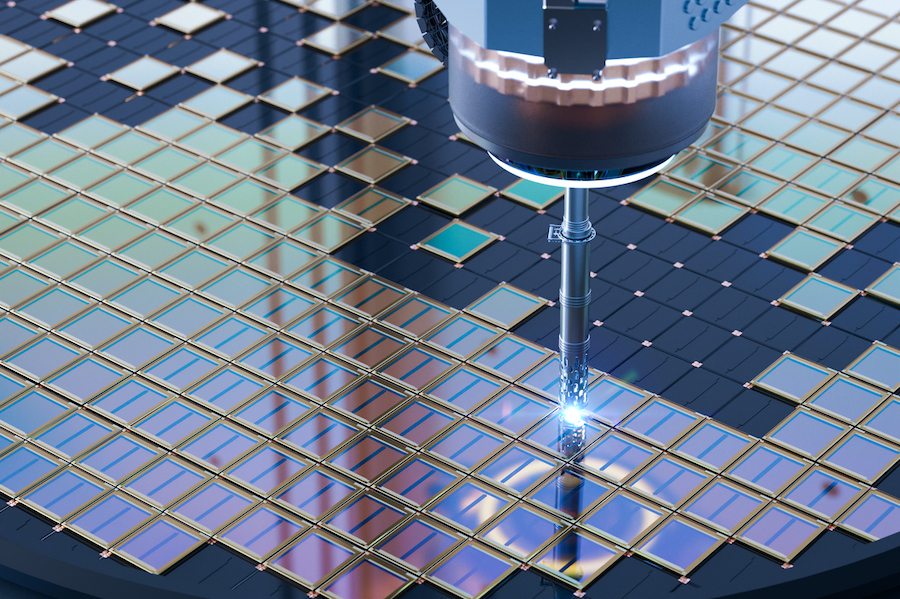Clarkson University Researchers Develop Innovative Tool for Thermal Analysis in Computer Chips
From smartphones and gaming consoles to artificial intelligence, the powerful chips that drive modern technology generate intense heat. When temperatures rise too high, performance suffers, energy is wasted, and hardware can fail.

A research team at Clarkson University is developing a new tool to combat this challenge. Thermal Analysis of Semiconductor Chips, known as TASChips, is an open-source, high-performance simulation tool for thermal analysis of modern microprocessors. The software can rapidly pinpoint rising temperatures inside a chip, enabling engineers to design systems that run faster, last longer, and consume less energy.
TASChips operates in real time and can simulate even the largest and most complex processors with more than 100,000 computational cores — including those used in data centers and advanced AI systems. The software will be released as open source on GitHub, complete with documentation and case studies for researchers, educators, students, and engineers.
The project is led by Associate Professor Yu Liu and Professor Ming-Cheng Cheng of Clarkson’s Department of Electrical and Computer Engineering and is funded by a three-year, $597,316 grant from the National Science Foundation (NSF).
The project also includes strong educational and outreach components, including integration with STEM education programs, support for undergraduate research, and collaborations with experts in AI, real-time scheduling, power systems, and sustainable computing from Syracuse University, Clemson University, University of Minnesota Morris, and CISTER Research Centre, ISEP in Portugal. These efforts aim to broaden participation in computing and provide a foundation for scalable thermal management solutions in AI and high-performance computing (HPC) environments.
More information about TASChips is available at NSF’s award page.
